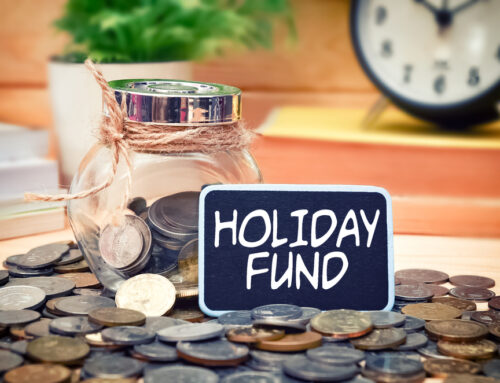Hello, beautiful people from across the lands! Personal finance can be overwhelming in the beginning. With so much information out there it can be difficult to know where to start. I recommend starting with a written budget. In order to do that you have to know your numbers meaning what’s your income, expenses, and debt total. Most importantly how are these things impacting your credit score? In this post, I share free financial resources to get these numbers and start your personal finance journey strong.
1. My Free Budget Template
I created a free budget template to help you get started with the basics of budgeting. This step-by-step template comes with video instructions. This budget template has enabled me to put bills on autopay with confidence and build a solid emergency fund.
2. Credit Sesame
Credit Sesame is a free credit monitoring tool that helps keep you aware of your financial status. I like that this tool pulls together all the debt you owe so you are able to see where you stand in that arena as well. Credit Sesame also offers free identity theft protection of $50,000 when you sign up.
3. Discover Score
Discover Score is your free FICO score provided by Discover. There is no requirement to have a Discover credit card in order to receive this service. This is another great way to monitor your credit score as well
4. Experian Boost
If you are an avid reader of Hopeful Reality then you already know how much I love this free financial resource. Experian Boost provides credit monitoring and also the ability to increase your credit score. With this tool, you are able to add utility and telecom bills to your credit history. Doing this allows your payment history on these bills to be reported to all three credit bureaus. Experian Boost will only report positive history and will not report any missed payments.
5. Annual Credit Report
Annual Credit Report is a free resource to pull your credit report for free annually from all three credit bureaus. Due to the impact of COVID-19, you are able to pull your credit report WEEKLY. This is a great way to get a hold of your credit and ensure everything is accurate. I highly suggest taking advantage of this while it lasts.
6. ABA Foundation
ABA Foundation is a nonprofit that provides free financial literacy programs to help banks provide financial well-being to their customers and communities. Although these resources are targeted for banks to utilize you are still able to access the information and put it to use on your own. There are really great curriculums available for teaching kids about money that are recommendable.
7. Ally
Ally is an online bank that has a higher-than-average interest on their savings account. This online bank also offers an array of other services but I mainly use it now for my savings account. I highly recommend having a savings account that is separate from your regular checking. Read here to discover ways to build savings faster.
Action Steps to Take NOW
Step 1: Identify at least two free financial resources to help you strengthen your personal finance journey
Step 2: Get a notebook specifically for your personal finance note-taking, jotting down any new concept or money strategy learned
Step 3: Whatever two tools are chosen use them consistently for the next 90 days to help start your financial planning journey (remember it takes at least 60 days to build a new habit)
Conclusion
Knowing your numbers is a start when beginning your personal finance journey. No more avoiding looking at your bank account or debt total. In order to create the change you first have to identify the problem. Utilizing the free resources listed above will help get you off to a great start. Document your progress and surround yourself with positive information that will keep you going.
Have you used any of the resources listed above? Are there any that could be added to the list? Sharing is caring!
Until next time dream, believe and achieve.





